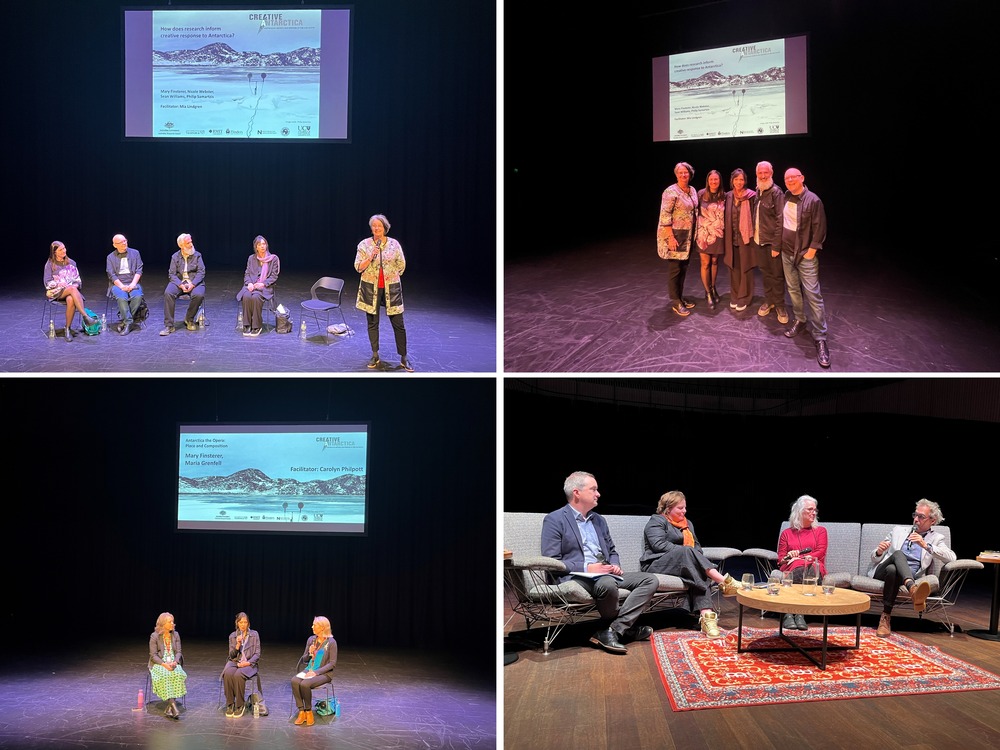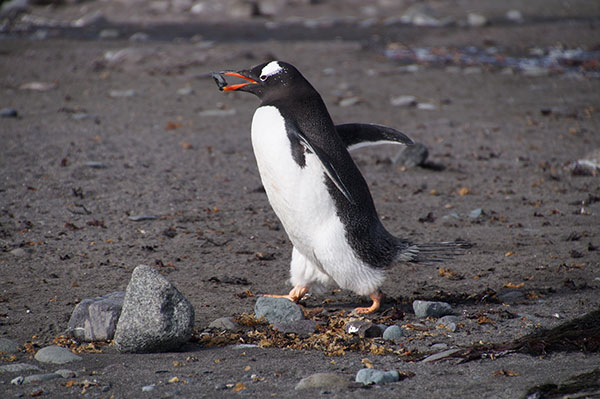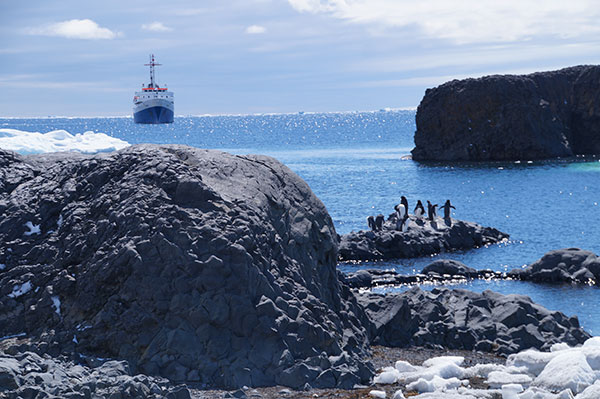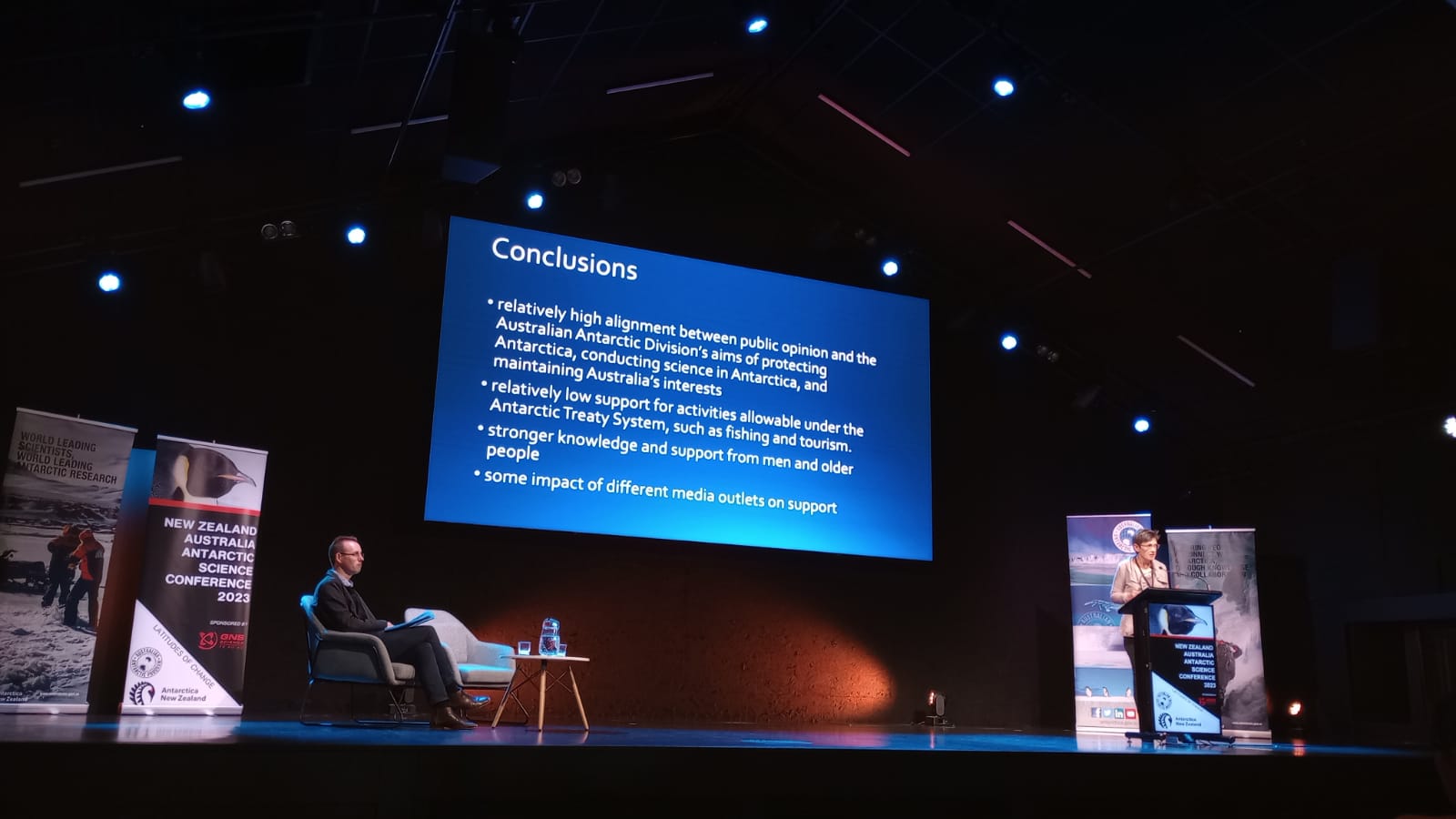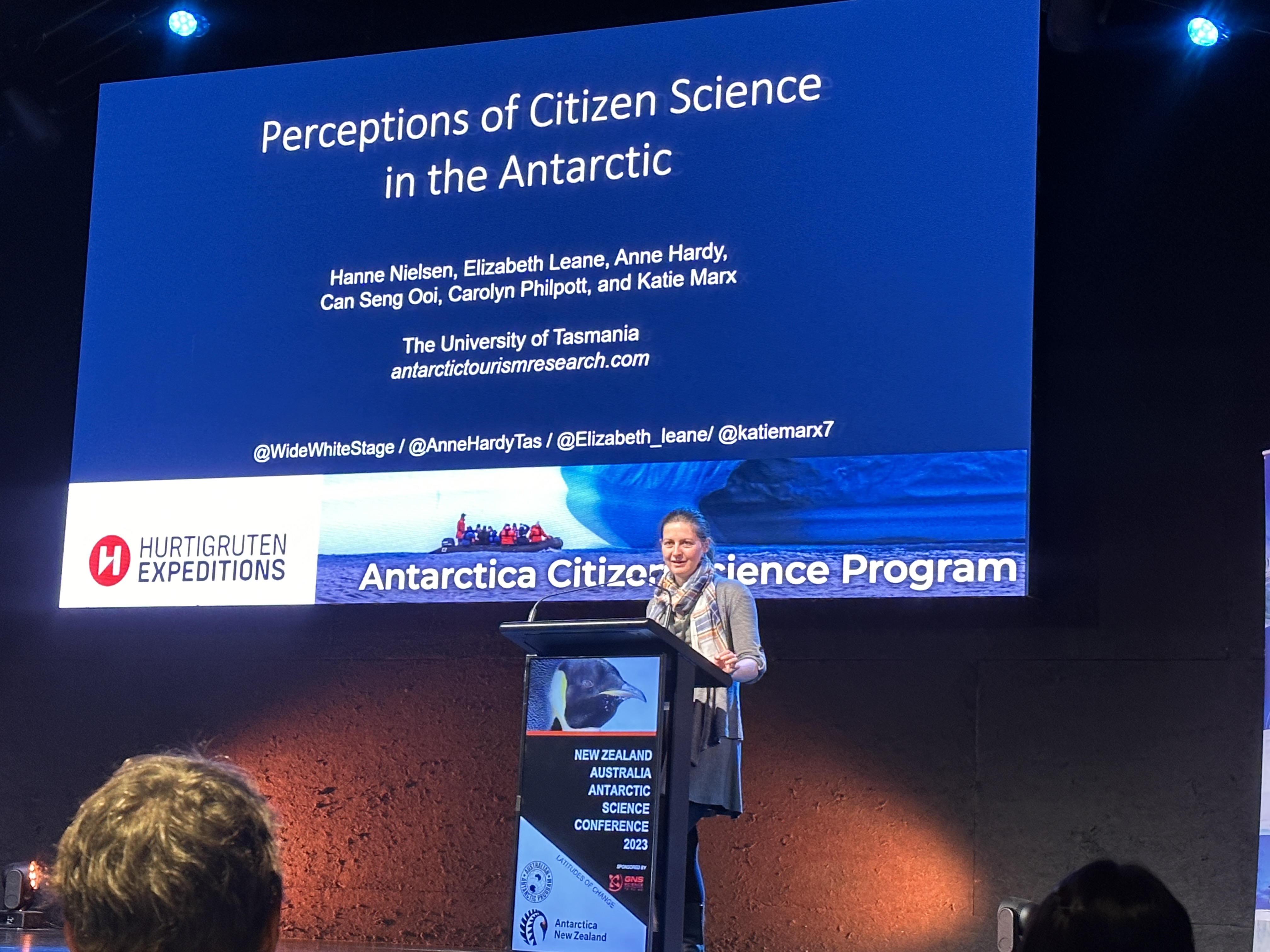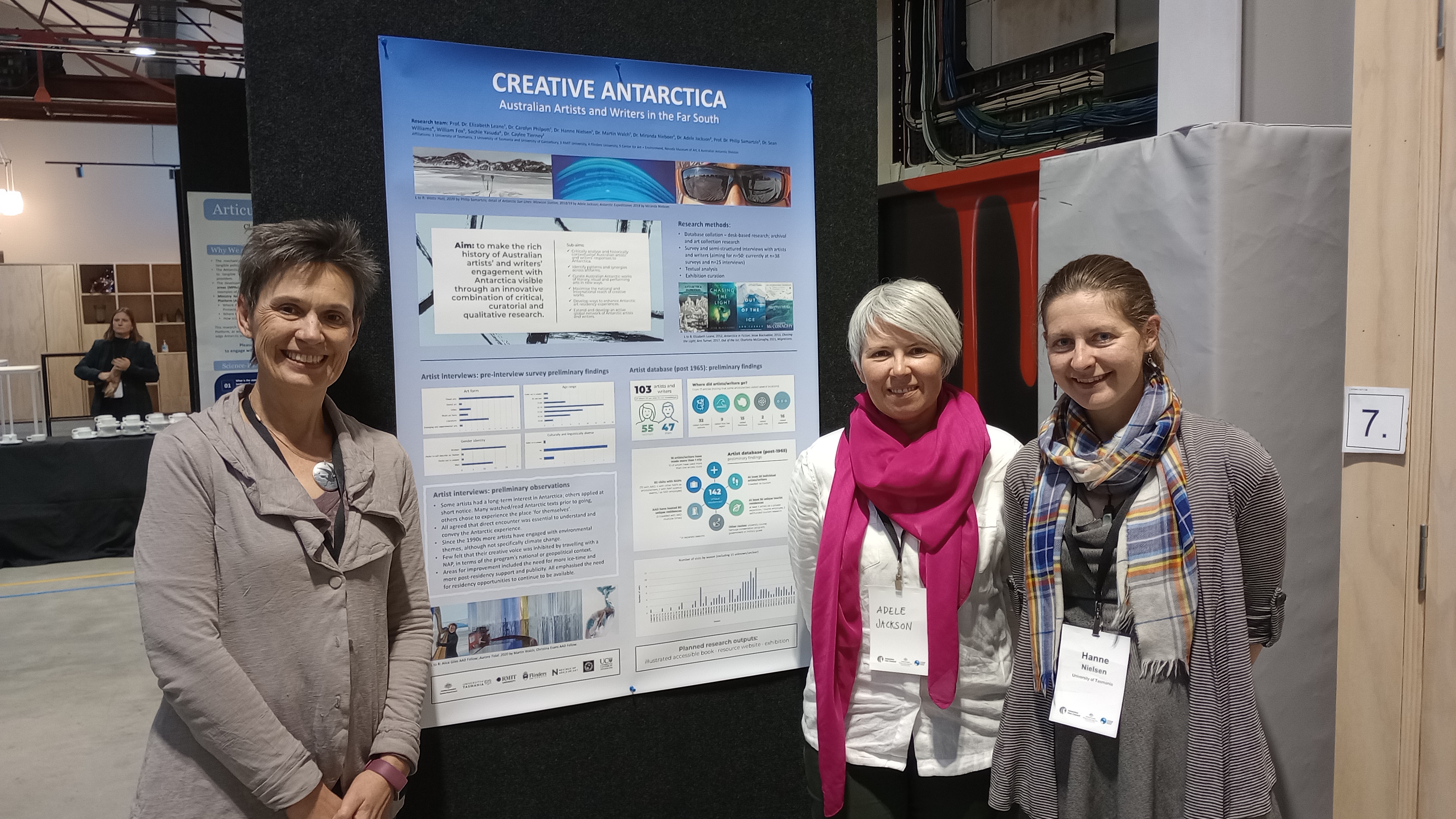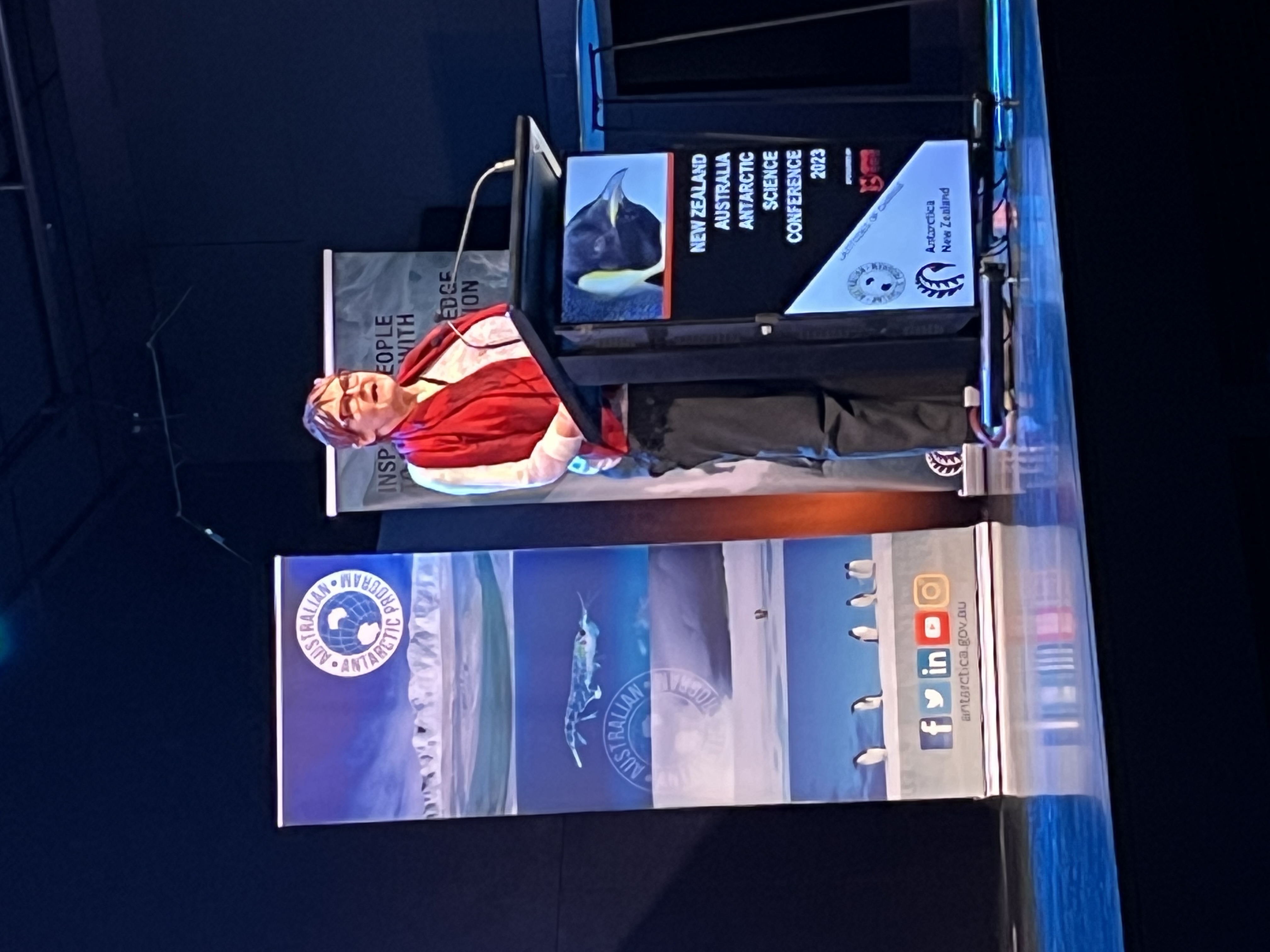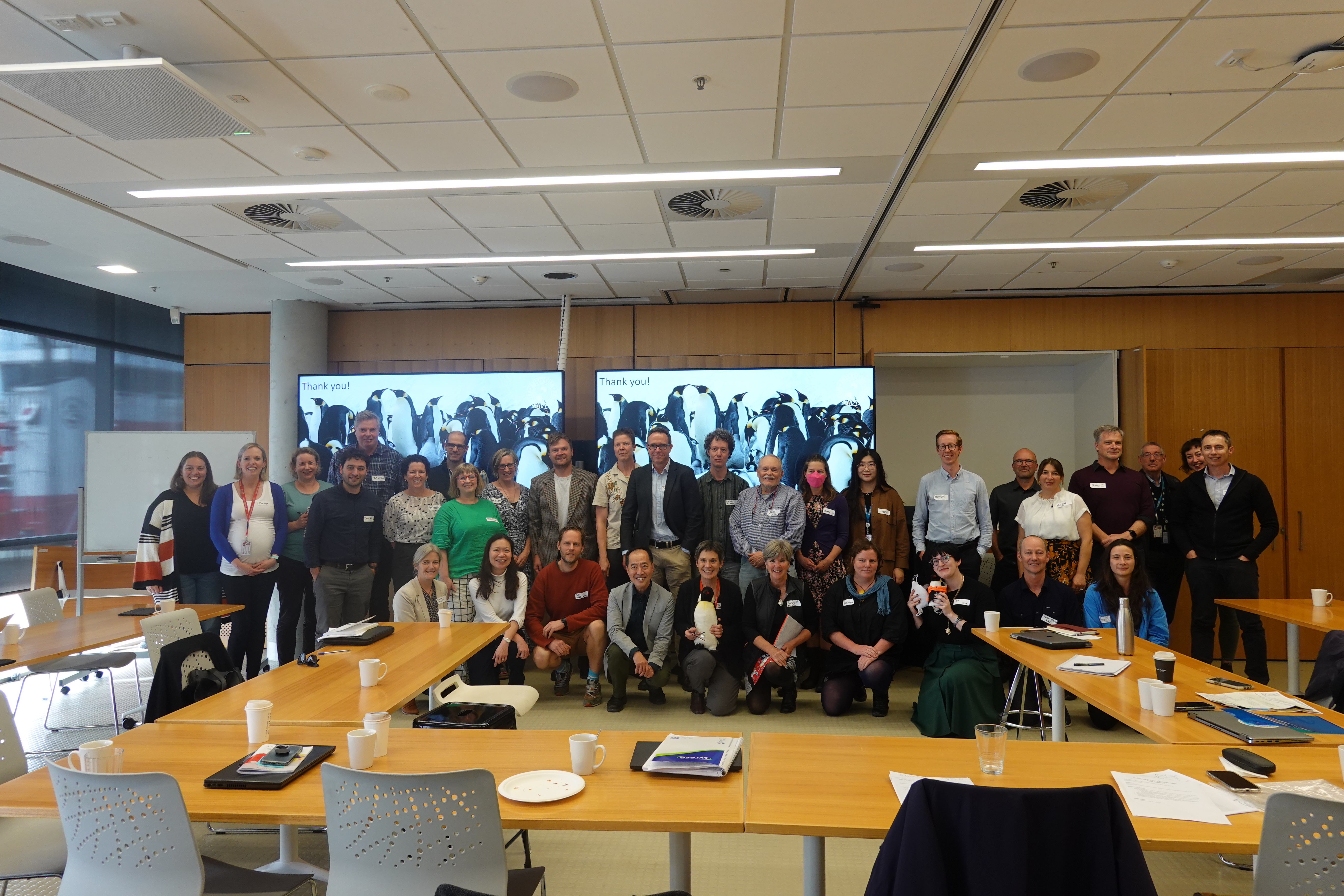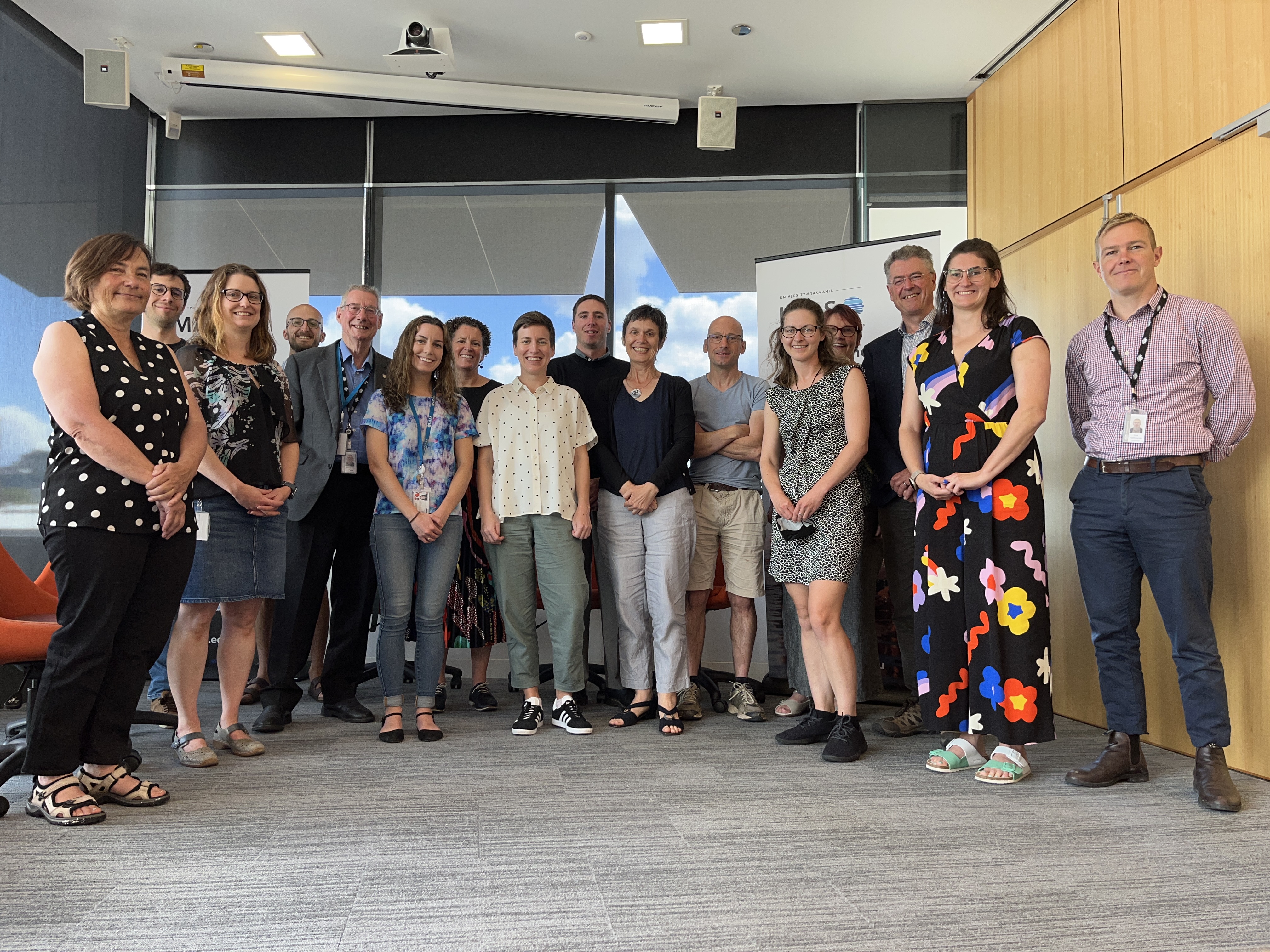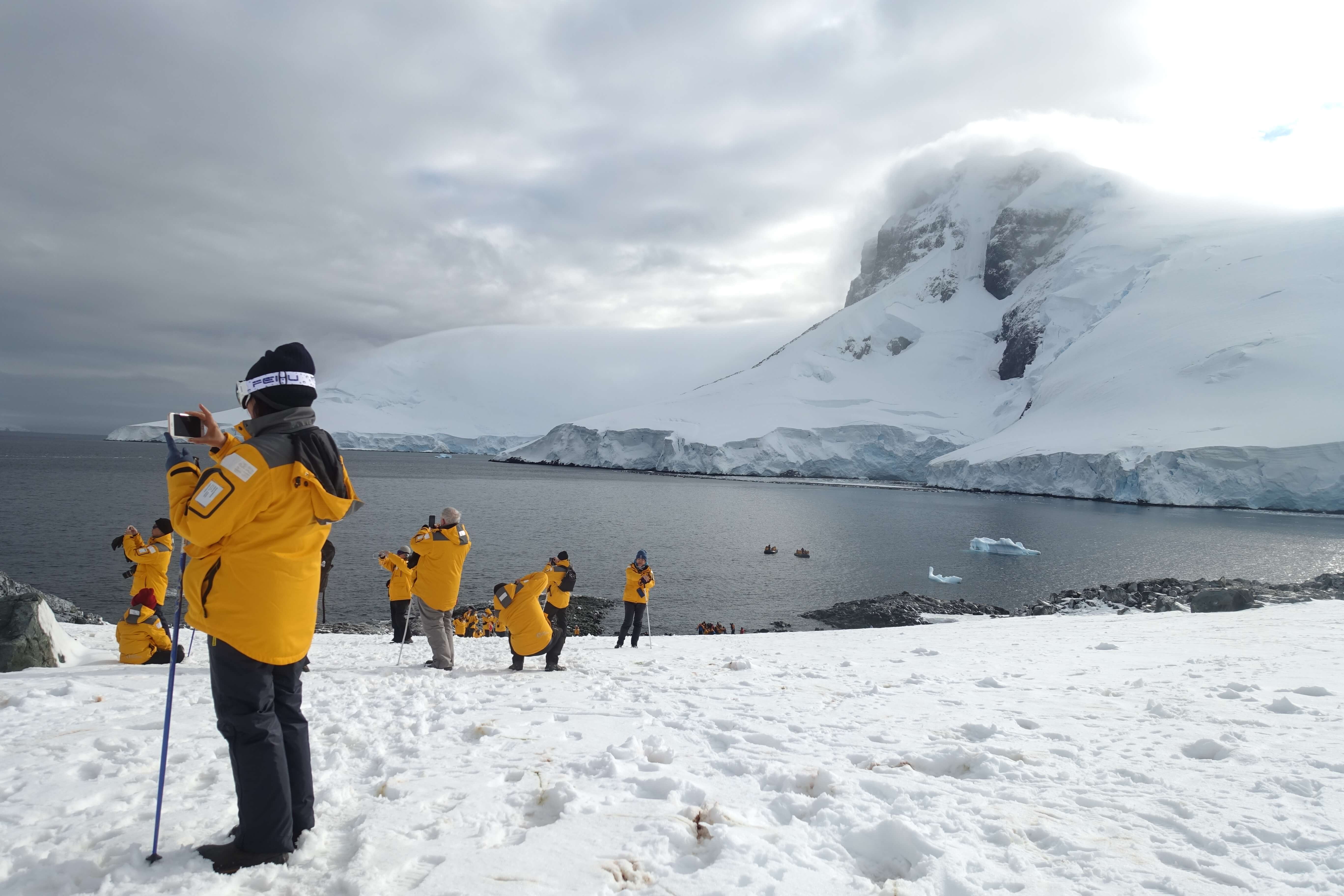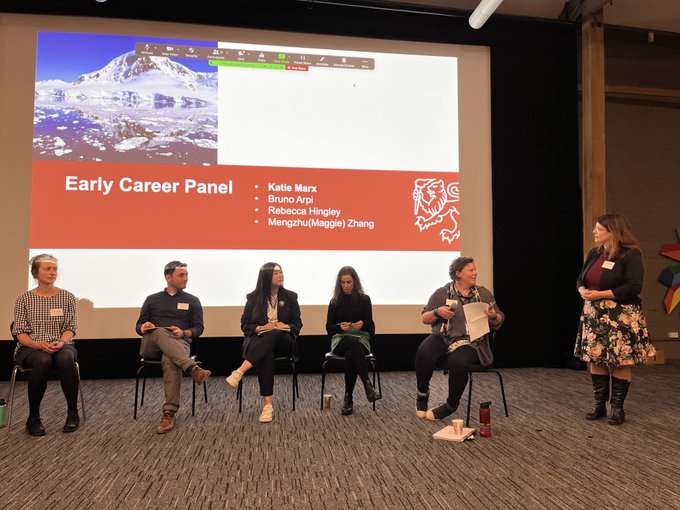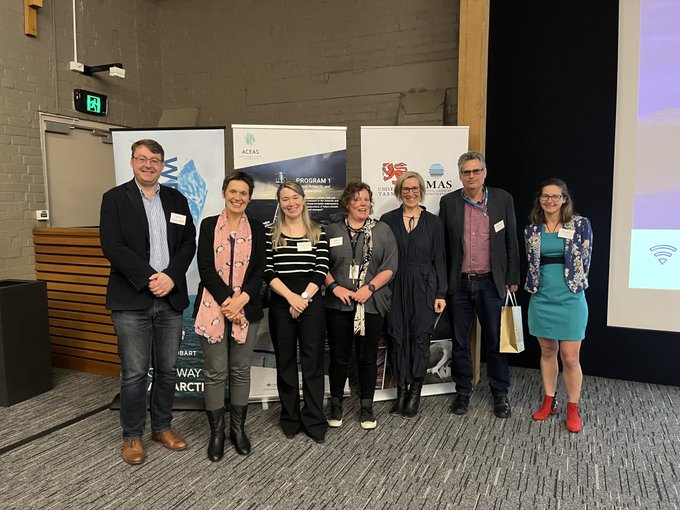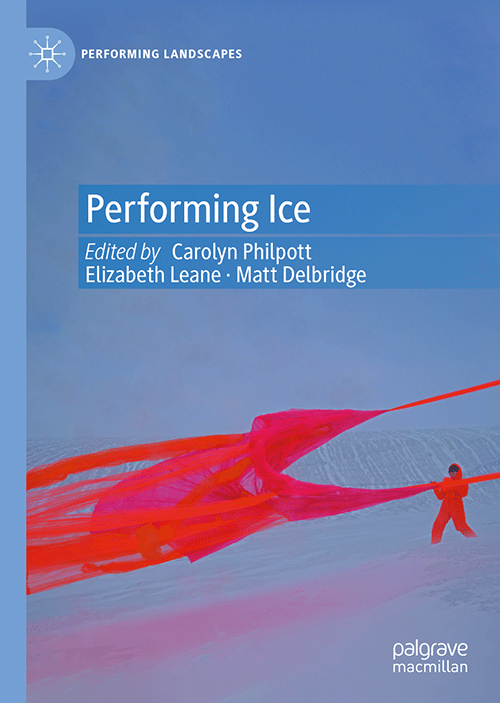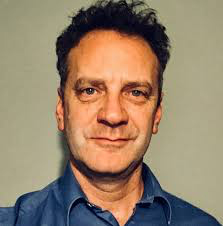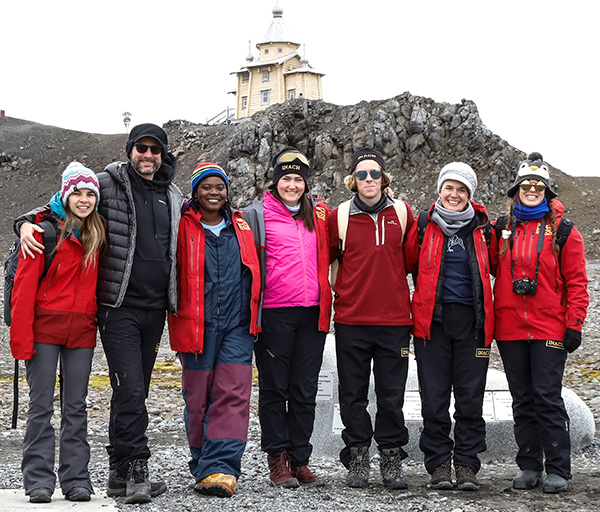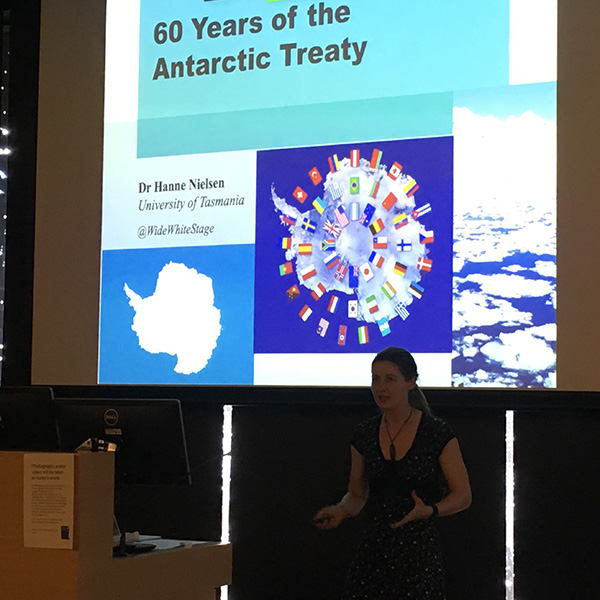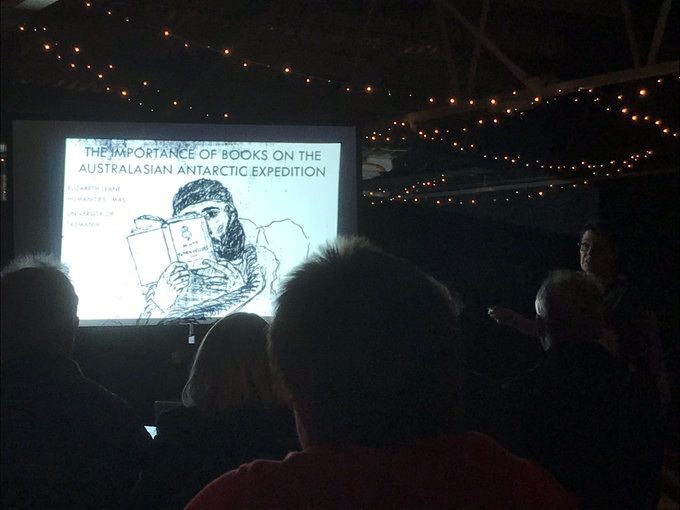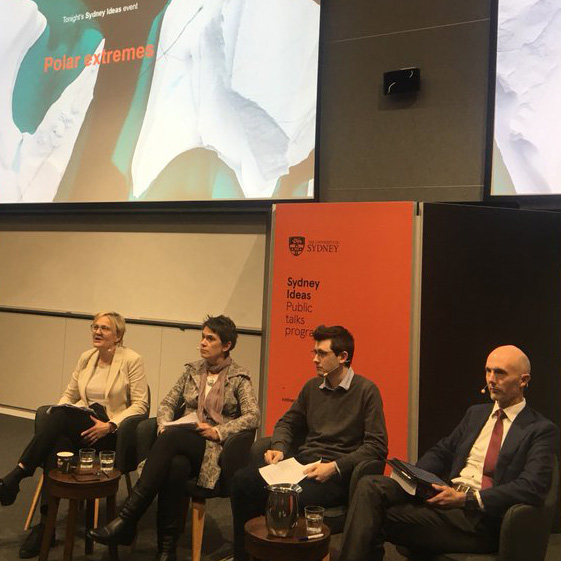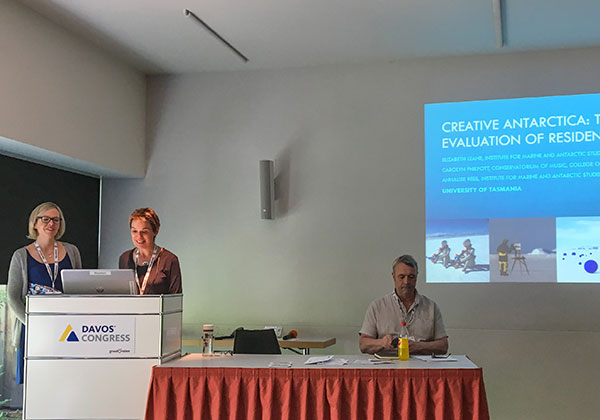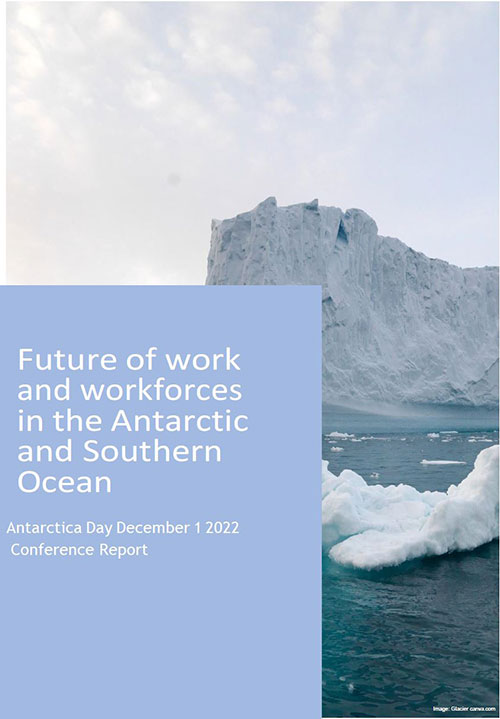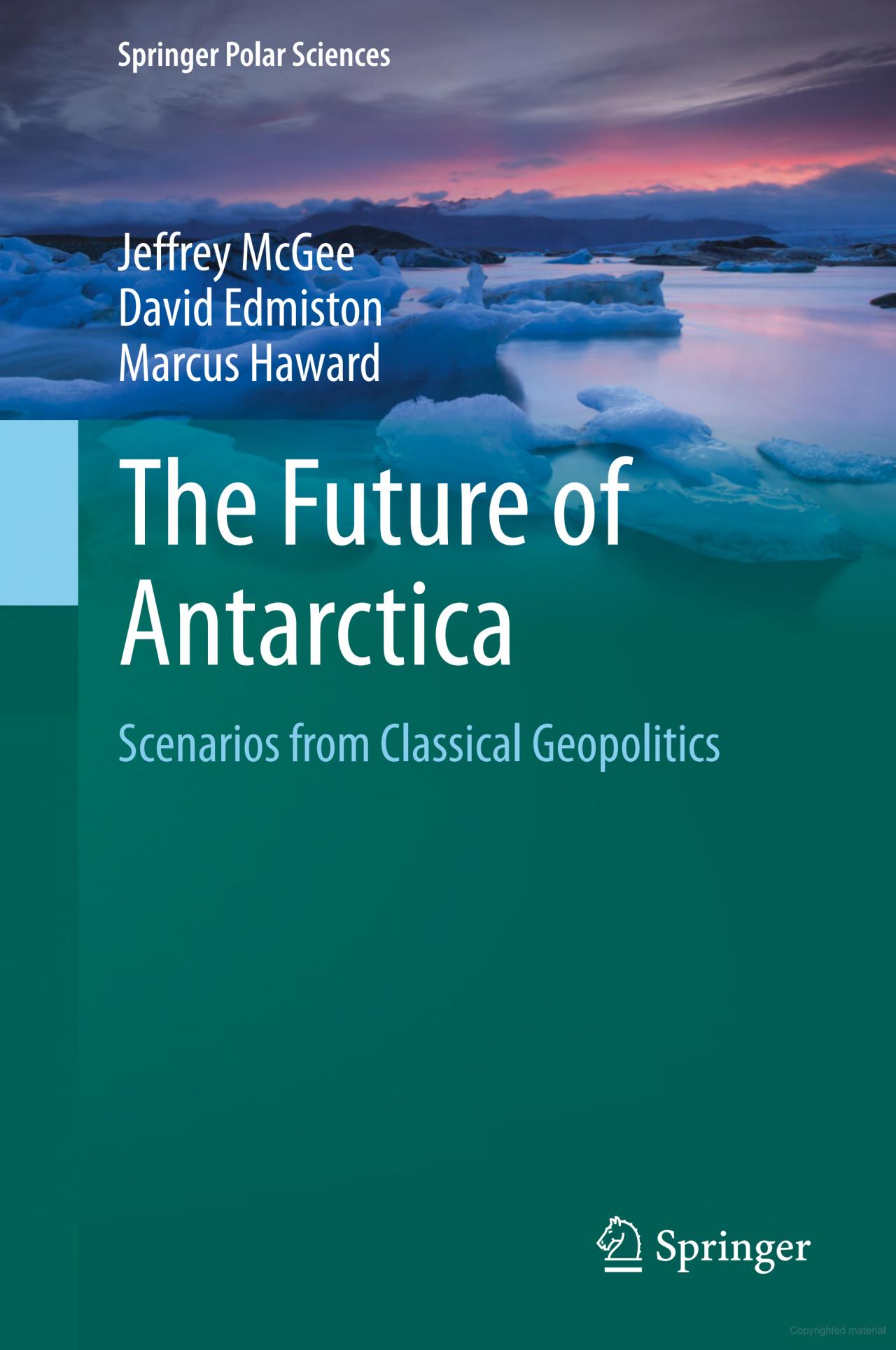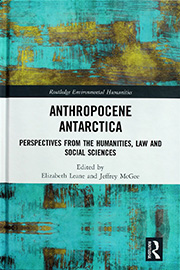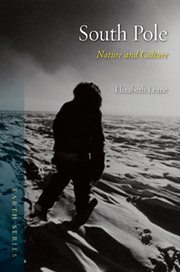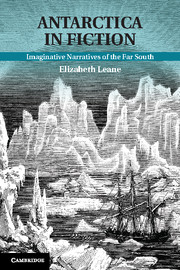4 July - 28 July 2017
whiteout whitenoise | Anne Noble
Internationally renowned photographic artist Anne Noble will be exhibiting her work as part of the HASSEG Depths and Surfaces: Understanding the Antarctic region through the Humanities and Social Sciences annual conference.
Exhibition opening 4 July 4:30pm
Image caption: 12 images | 750mm X 500mm | Phantasm draws on historic and contemporary photographs of Antarctic explorers to create an evocation of Antarctica that is haunted by the histories of human presence and those who have lived and died on the ice." Credit: Dr Meredith Nash.
Internationally renowned photographic artist Anne Noble will be showing the works WHITEOUT WHITENOISE, PHANTASM and NIEVES PENITENTES as part of the Humanities and Social Sciences Expert Group “Depths and Surfaces: Understanding the Antarctic region through the Humanities and Social Sciences” annual conference being hosted by the Institute for Marine and Antarctic Studies at the University of Tasmania (5-7 July 2017).
Anne Noble is Distinguished Professor of Fine Arts at Massey University and one of New Zealand’s most respected contemporary artists. Awarded a New Zealand Antarctic Arts
Fellowship in 2001 and a US National Science Foundation Polar Arts Fellowship in 2008 she has made three visits to Antarctica and completed multiple Antarctic book and exhibition projects including Ice Blink (2011), The Last Road (2014), and Antarctica: whiteout whitenoise (2016).
Concerned with how photography shapes the interior imaginary she has examined the histories of Antarctic representation and explored new ways to see and imagine a place that most people only encounter second-hand through the photographic image. The subject of a major national retrospective that toured
New Zealand 2001 – 2003, Noble’s work has featured in exhibitions at the Abbaye de Noirlac, and the Musée du Quai Branlyin France, The Neuer Berliner Kunstverein, Berlin, the Patio Herreriano in Spain, the Centre for Contemporary Photography in Melbourne, the Australian National Portrait Gallery, the
National Gallery of Australia, the Queensland Gallery of Contemporary Art, the National Gallery of Victoria and Te Papa Tongarewa. She is the recipient of a New Zealand Arts Foundation Laureate award for her contribution to the visual arts in New Zealand.
